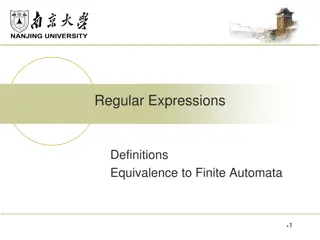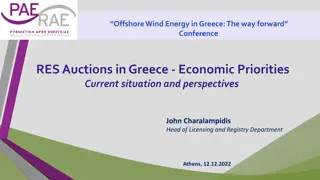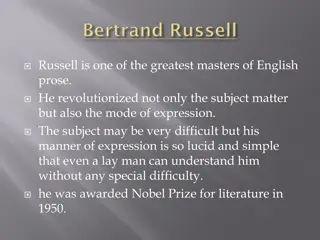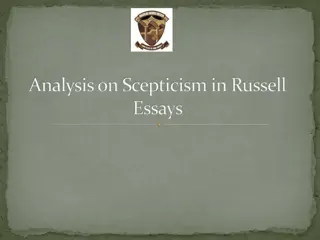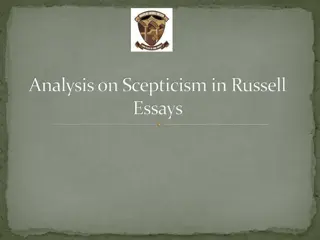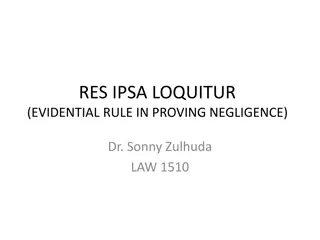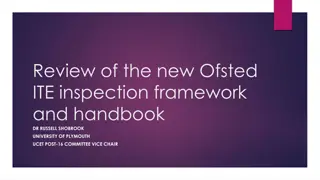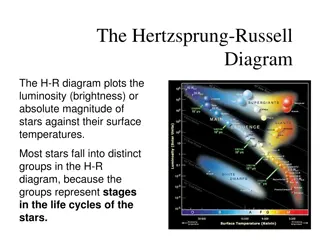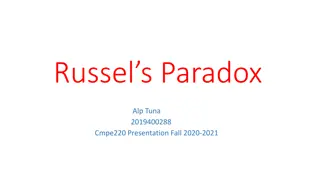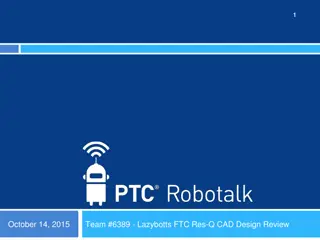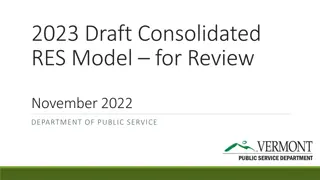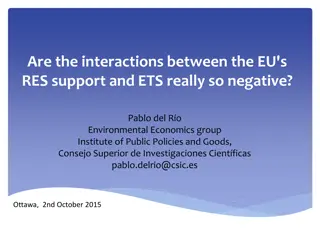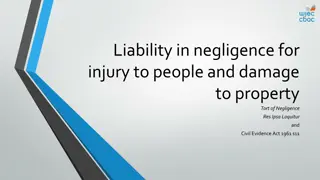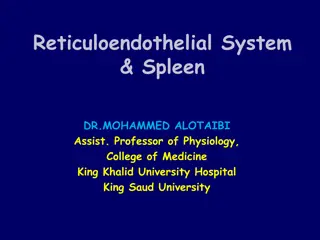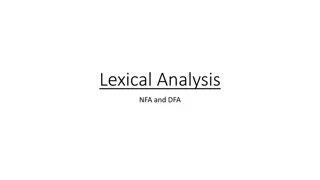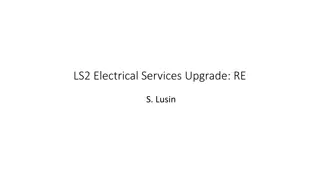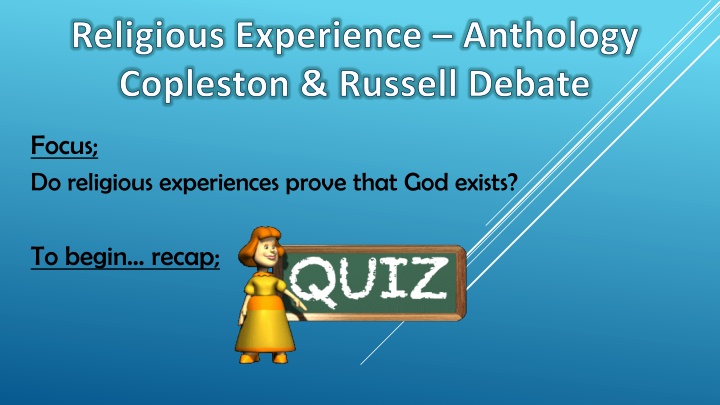
Debate on Religious Experiences: Copleston vs. Russell
Explore the Copleston and Russell debate on the proof of God's existence through religious experiences, focusing on Leibniz's Principle of Sufficient Reason. Delve into their main viewpoints, reasons, evidence, strengths, weaknesses, and the evaluation of who prevails in the debate.
Download Presentation

Please find below an Image/Link to download the presentation.
The content on the website is provided AS IS for your information and personal use only. It may not be sold, licensed, or shared on other websites without obtaining consent from the author. If you encounter any issues during the download, it is possible that the publisher has removed the file from their server.
You are allowed to download the files provided on this website for personal or commercial use, subject to the condition that they are used lawfully. All files are the property of their respective owners.
The content on the website is provided AS IS for your information and personal use only. It may not be sold, licensed, or shared on other websites without obtaining consent from the author.
E N D
Presentation Transcript
Religious Experience Anthology Copleston & Russell Debate Focus; Do religious experiences prove that God exists? To begin recap;
Anthology - Copleston & Russell Debate Some context Principle of Sufficient Reason; In order to understand the debate between Copleston and Russell it helps to be aware of Leibniz s Principle of Sufficient reason; In virtue of which we hold that o fact could ever be true of or existent, nor statement correct, unless there were a sufficient reason why it was thus and not otherwise. What is the meaning of Leibniz s statement?
Anthology - Copleston & Russell Debate Principle of Sufficient Reason; In virtue of which we hold that o fact could ever be true of or existent, nor statement correct, unless there were a sufficient reason why it was thus and not otherwise. Simply no fact could ever be true unless there were a sufficient reason why it was true. Leibniz is saying that you should be able to give a believable, good reason/explanation of why something is, in order to have a sufficient explanation.
Anthology - Copleston & Russell Debate Principle of Sufficient Reason; Leibniz s idea does seem to make sense. Are there any issues with the idea of Sufficient Reason? How do we know when we have Sufficient Reason? Is it enough to know how something came into existence? We also like to know why
Anthology - Copleston & Russell Debate Things to do; 1. Read through this part of the anthology. 2. As you are reading highlight the following (use a key); For the existence of God Against the existence of God Examples and comparisons Definitions of REs. You may also wish to highlight reasons and evidence (although you will find lots of crossovers) 3. Look up definitions for, and note down, any key terms you are not sure of.
Anthology - Copleston & Russell Debate Things to do; On the large sheet you will be given complete all the tasks; Note down Russell and Copleston s main viewpoints on REs as an argument for the existence of God. Note down the main reasons they each have for their viewpoints. Note down the evidence they each put forward. Write down any questions or issues you have or are raised about the contents of the debate. Note down the strengths and weaknesses of both Russell and Copleston s arguments. Evaluate who wins the debate (if anyone?) explain your reasons.
Anthology - Copleston & Russell Debate More things to do; Make links between some elements of the debate and; (a) Philosopher s views (b) Principles of verification of Religious Experiences (c) Examples
Anthology - Copleston & Russell Debate 3(a) Clarify the ideas illustrated in this passage about the veracity of Religious experience. You must refer to the passage in your response. (10) 3(b) Analyse the extent to which Copleston s arguments suggest that religious experiences can be used to prove the existence of God. (20) In Q3b, reference should be made to other parts of the Copleston/Russell debate as well as other evidence, e.g. other philosophers and examples.
Anthology - Copleston & Russell Debate RELIGIOUS EXPERIENCE Copleston: Well, perhaps I might say a word about religious experience, and then we can go on to moral experience. I don't regard religious experience as a strict proof of the existence of God, so the character of the discussion changes somewhat, but I think it's true to say that the best explanation of it is the existence of God. By religious experience I don't mean simply feeling good. I mean a loving, but unclear, awareness of some object which irresistibly seems to the experiencer as something transcending the self, something transcending all the normal objects of experience, something which cannot be pictured or conceptualized, but of the reality of which doubt is impossible at least during the experience. I should claim that cannot be explained adequately and without residue, simply subjectively. The actual basic experience at any rate is most easily explained on the hypotheses that there is actually some objective cause of that experience.

